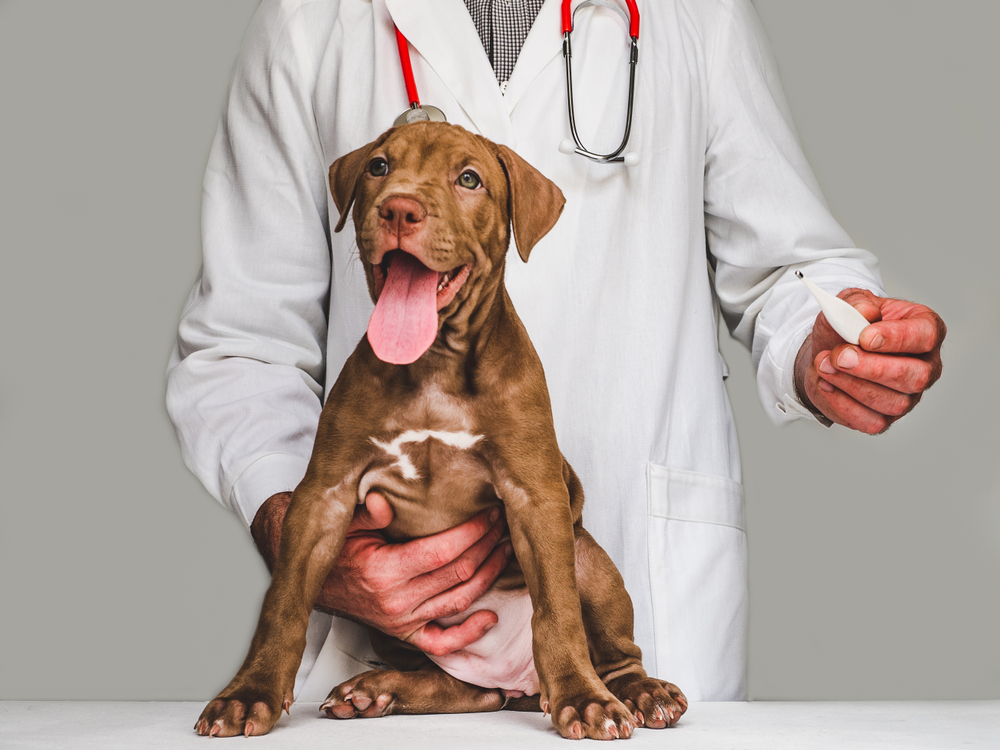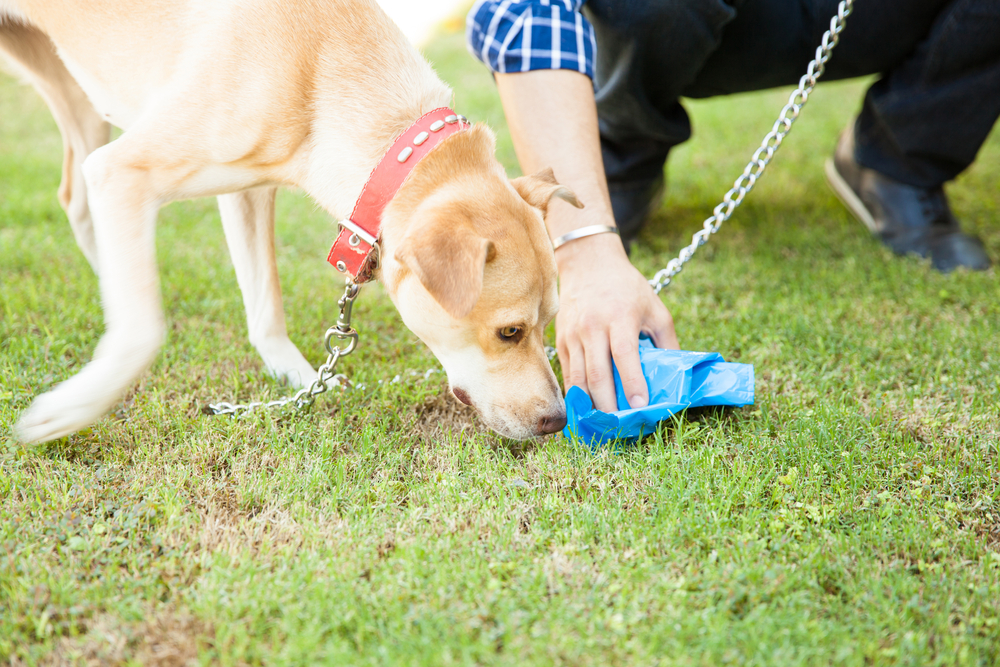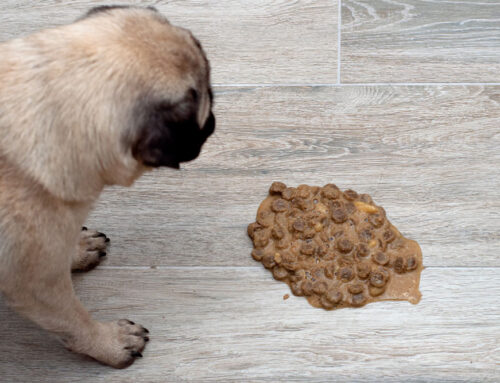When your dog has diarrhea, everything feels like a mess. In addition to their physical discomfort and illness, house-trained dogs can feel recurring distress and anxiety over accidents in the home. This is further complicated by an owner’s natural—often negative—reaction when they discover the evidence on the floor or furniture, creating a cycle of stress and unease.
Diarrhea lasting longer than 24 to 48 hours is always cause for concern—and a visit to WesVet Animal Hospital. Fortunately, this odiferous offense motivates everyone to find the cause—and an effective treatment—as soon as possible.
Diarrhea types in dogs—and why it matters
When you schedule your dog’s appointment, our team will ask you to bring a small stool sample. We realize this can be challenging, but a fresh sample can help us look for microscopic clues, such as inappropriate bacteria, blood cells, and parasites.
During your dog’s exam, we’ll also ask you to describe your dog’s bowel movements, which may feel like an uncomfortable or unnecessary conversation, but will help our veterinarian determine key aspects of your dog’s illness, including:
- Origin — Diarrhea can begin in the small or large bowel and have different diagnoses.
- Onset and frequency — Acute diarrhea can indicate recent gastric inflammation (i.e., gastritis), while ongoing or chronic diarrhea can signal an underlying disease process.
- Additional signs — Vomiting or inappetence can suggest nausea, infectious disease, parasites, or upper-gastrointestinal tract inflammation.
- Blood or mucous — Blood in small amounts or streaks can suggest an irritated colon lining (i.e., colitis) caused by straining and inflammation. Larger amounts of blood are always concerning, and need immediate attention. Visible mucus indicates an irritated colon.
- Color — Black or greenish-black diarrhea means digested blood and indicates bleeding in the upper digestive tract (i.e., stomach or small intestine). Yellow suggests diet changes, or conditions affecting the liver, gallbladder, or pancreas.
Common diarrhea causes in dogs
Diarrhea is a common sign of countless canine ailments and diseases. However, the most common causes seen at WesVet Animal Hospital include.
- Infectious diseases — Puppies, unvaccinated adults, and immunocompromised dogs are susceptible to contagious life-threatening viruses, including parvovirus and distemper, which both result in a rapid health decline, and include diarrhea as a common sign. Routine vaccination effectively protects against these health threats.
- Dietary indiscretion— The canine digestive system is not designed to handle salty, sugary, or high-fat foods—the reason holiday indulgences or counter-surfing escapades often end with diarrhea. In addition to stomach and intestine irritation (i.e., gastroenteritis), inappropriate foods can trigger pancreatitis, which is a painful, sometimes life-threatening, condition that requires hospitalization.
Dietary indiscretion also applies to outdoor delicacies (e.g., a dead animal, wildlife scat) and inedible items that may result in an intestinal blockage.
- Bacterial infection or overgrowth — Campylobacter, Salmonella spp., Clostridium perfringens, and E. coli infections can result from exposure to raw or undercooked meat, infected dogs, or stress. Bacterial overgrowth (i.e., small intestine bacterial overgrowth [SIBO]) occurs when normal intestinal bacteria populations are too high, and disrupt food absorption and other intestinal functions.
- Sudden diet change — Abruptly changing your dog’s food can result in diarrhea and vomiting. If you must switch, we recommend gradually transitioning to the new food over 7 to 10 days. Always consult your veterinarian before changing your pet’s diet.
- Toxins — Many pet toxins, including human foods, medications, and household items, cause gastrointestinal issues, including ulceration and inflammation, and lead to diarrhea that may contain blood. If you know or suspect your pet has consumed a toxic item, immediately call WesVet Animal Hospital or the ASPCA Animal Poison Control Center.
- Parasites — Intestinal parasites, including roundworms, whipworms, hookworms, and the protozoan parasite Giardia, commonly cause diarrhea in puppies, stray dogs, and adult dogs who are not on a heartworm preventive that includes a dewormer. Dogs can be infected with Giardia after drinking contaminated water from a puddle, creek, or pond.
- Chronic conditions — Chronic diarrhea can be severe and manifest as inflammatory bowel disease (IBD), digestive disorders (e.g., exocrine pancreatic insufficiency, chronic pancreatitis, malabsorption syndromes), liver failure, kidney disease, or cancer.
- Food allergies — Dogs can be allergic or hypersensitive to any ingredient in their food, although the most common food allergens are proteins such as chicken, beef, lamb, and soy. In addition to diarrhea, food allergic dogs may experience vomiting and skin irritation.
Action plan for dogs with diarrhea

For most run-of-the-mill diarrhea cases in healthy dogs, signs resolve on their own in 24 to 48 hours. However, because puppies, small-breed dogs, and those suffering with other medical conditions can experience rapid dehydration and electrolyte imbalance, these pets with diarrhea always warrant an appointment at WesVet Animal Hospital.
If your dog with diarrhea is experiencing additional signs, including lethargy, vomiting, large amounts of blood in the stool, or inappetence, or has had diarrhea for more than a few days, immediately contact our caring team.







Leave A Comment